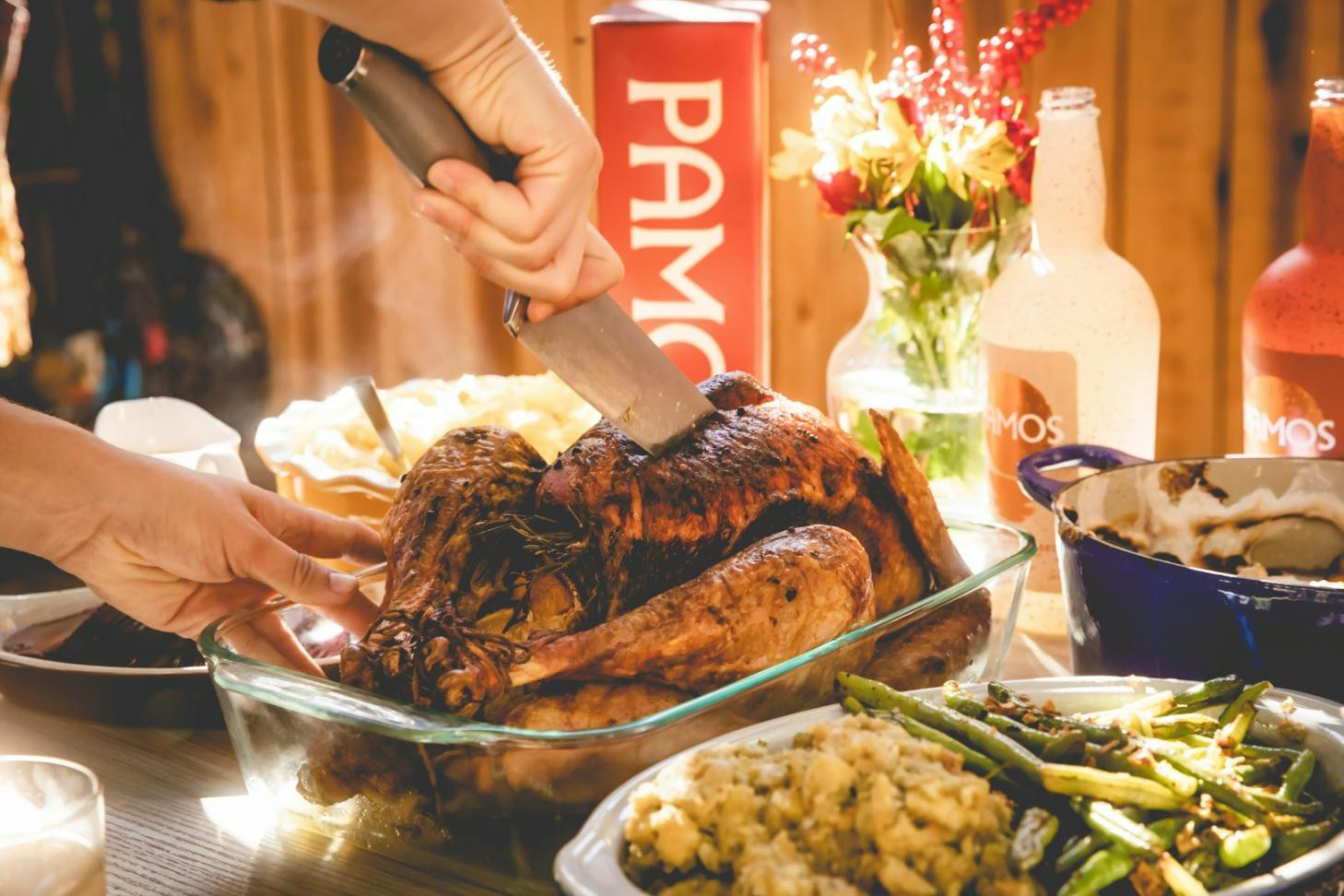Teaching With the Seasons
We don't follow a rigid curriculum here. Instead, our methods adapt with what's fresh, what's available, and what each season brings to the table. Winter teaches different lessons than summer does.
Our approach centers on real kitchen experience. Students work with ingredients at their peak, understanding how timing and seasonality shape not just flavor but also technique and creativity.
Learning Through Seasonal Rhythm
Spring & Summer Focus
Lighter techniques dominate these months. We explore fresh herb integration, quick cooking methods that preserve texture, and how to balance acidity. Students practice building flavor without heaviness.
Autumn & Winter Emphasis
When root vegetables and heartier ingredients arrive, we shift to slow roasting, layered flavors, and comfort-focused cooking. These months teach patience and how temperature control changes everything.
Market-Driven Adaptation
Our weekly sessions respond to what local suppliers bring. If tomatoes are exceptional that week, we adjust. This trains students to work with reality rather than recipes alone.

How Our Kitchen Sessions Work
Every class involves actual cooking. We limit groups to eight people so everyone gets time working with ingredients, asking questions, and correcting mistakes while they still matter.
Temperature Mastery
Learning when to use high heat versus gentle warmth. Students discover how different temperatures affect dough, vegetables, and proteins through direct experimentation.
Technique Building
We break down essential skills like proper knife work, dough handling, and sauce consistency. Repetition happens naturally as students prepare multiple dishes throughout each session.
Flavor Development
Understanding how ingredients interact takes practice. Students taste at different stages, learning when to add salt, how herbs change with cooking time, and balancing richness with brightness.
Timing Coordination
Managing multiple components simultaneously is where many home cooks struggle. Our sessions emphasize workflow planning and recognizing when each element reaches its ideal state.
Creative Adaptation
Once basics are solid, we encourage experimentation. Students practice substituting ingredients, adjusting recipes based on what's available, and developing their own variations.
Problem Solving
Things go wrong in kitchens. We teach recovery techniques when dough is too wet, sauce breaks, or timing gets off track. These moments often provide the most valuable learning.
Who Leads These Sessions
Our instructors have years of restaurant and teaching experience. They're not here to perform. They're here to guide, correct when needed, and share what actually works in real kitchens.

Callum Thornwick
Seasonal Techniques Lead
Callum spent twelve years working kitchens across Quebec before transitioning to teaching. He specializes in helping students understand ingredient seasonality and how it affects every cooking decision. His background in farm-to-table restaurants shapes how he approaches instruction.

Roisin Strathmore
Fundamentals & Technique
Roisin focuses on building solid technical foundations. She's known for breaking down complex processes into manageable steps and catching small errors before they become habits. Her teaching style is direct and focuses on repetition until techniques become natural.
Upcoming Program Schedule
Our programs run in eight-week cycles aligned with seasonal transitions. Each cycle builds skills progressively while working with what's actually in season during those months.
Harvest Cooking Intensive
Runs September through October. Focuses on preservation techniques, working with squash and root vegetables, and developing deeper flavors through roasting and braising. Sessions meet twice weekly.
Cold Weather Foundations
January through February program. Emphasizes dough work, long-cooked sauces, and comfort cooking. Students learn temperature control and patience-based techniques essential for winter ingredients.
Fresh Ingredient Techniques
April through May sessions. Explores lighter cooking methods, herb usage, and quick preparations that highlight ingredient quality. Focus shifts to precision and restraint.
Market-Driven Cooking
July through August program. Students practice adaptive menu planning, work with peak summer produce, and develop skills for quick, fresh preparations that don't require heavy cooking.
Ready to Start Cooking?
Our autumn program opens for registration in July. Spaces are limited to maintain small class sizes and hands-on learning time.